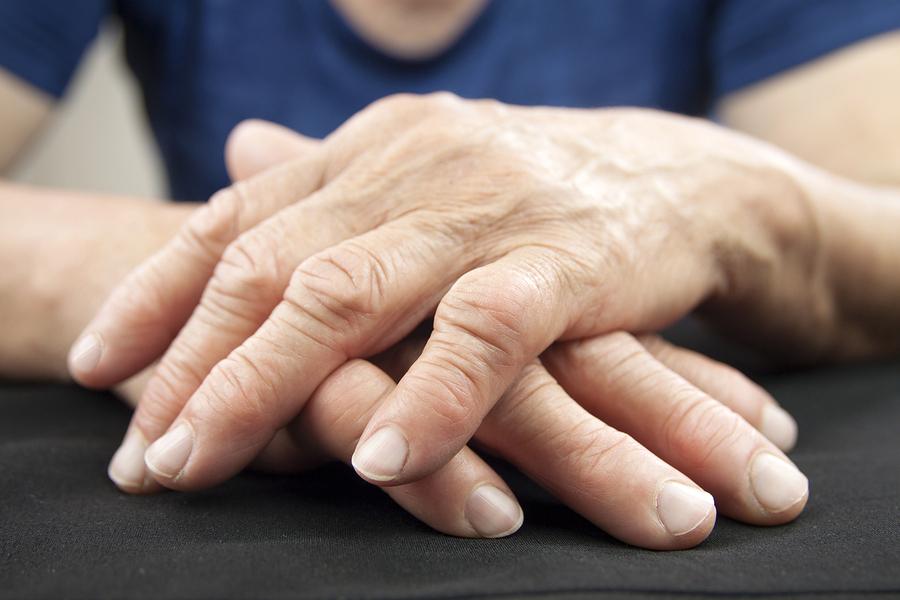
The term arthritis actually just refers to joint inflammation and describes more than 100 diseases and conditions that affect joints. Arthritis can affect anyone at anytime and is the leading cause of disability in the United States, with more 50 million adults and 30,000 children being affected. Common symptoms of arthritis include pain, swelling, stiffness, and decreased range of motion. There are many different types of arthritis and symptoms can range from mild to severe.
RMDs are usually classified into inflammatory and non-inflammatory types. The most common inflammatory RMDs are reactive arthritis, connective tissue disease, polymyalgia rheumatica, ankylosing spondylytis, and rheumatoid arthritis. The most common non-inflammatory RMDs include degenerative spine diseases, fibromyalgia, osteoporosis, and osteoarthritis. Some RMDs are hereditary, but having a family history of RMDs does not guarantee that you will also have an RMD. These diseases can be triggered by some lifestyle factors such as excessive weight, sedentary lifestyles, injury to joints, and in many cases the causes are unknown.
Arthritis diagnosis begins with being examined by a primary care physician, who will perform a physical exam and use blood tests and imaging scans to determine the type of arthritis. The doctor may suggest going to an arthritis specialist or rheumatologist. Rheumatologists generally manage continuous treatment for inflammatory arthritis. Orthopedic surgeons can perform surgeries on joints if necessary and when other body systems are affected other specialists may be called. Treatment for RMDs usually focus on managing the condition as best possible. Self management is a huge part of dealing with arthritis. There are also some medications that can control symptoms and help manage pain as well. People suffering with one of these diseases will usually find general movement painful in the affected area and there is no limit to how much of the body can be afflicted.
This year’s theme for World Arthritis Day is “It’s in your hands” and there is a social media campaign in which you can take part in to show your support and encouragement for those living with RMDs. The campaign is known as High 5 and to take part all you have to do is share a high five photo on social media with the hashtag #WADHigh5. If you are interested in getting more information then The Arthritis Foundation is a nonprofit organization whose website, arthritis.org, has many resources, tips, and information.
References
1) http://www.nhs.uk/Conditions/Arthritis/Pages/Introduction.aspx
2) http://www.arthritisresearchuk.org/arthritis-information/conditions/arthritis.aspx
Related Posts
Cigarettes May Inhibit Inflammation Treatments
Axial spondyloarthritis, also known as AxSpa, is a chronic…






